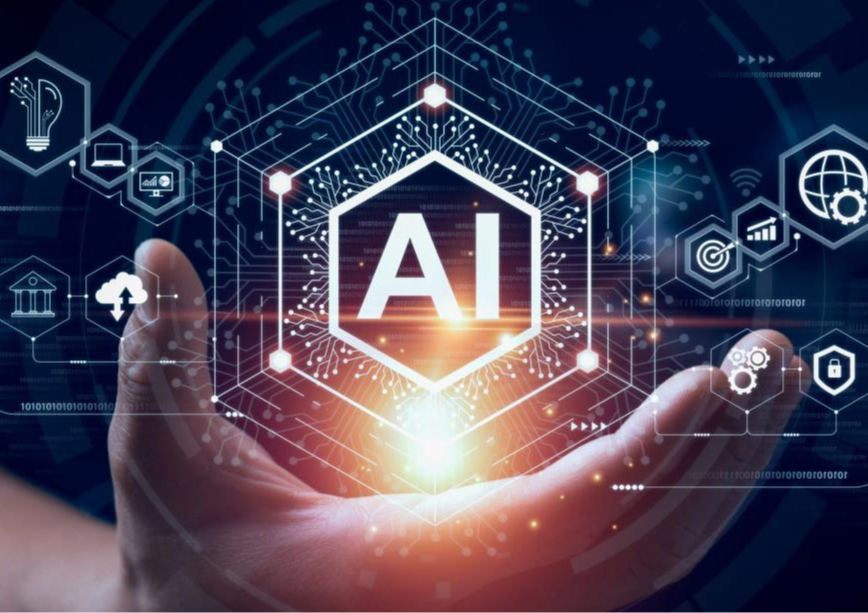How AI is Revolutionizing Healthcare Diagnostics
How AI is Revolutionizing Healthcare Diagnostics
Blog Article
Artificial Intelligence (AI) is revolutionizing industries world wide, and knowledge systems are no exception. With the ability to analyze data, customize learning, and automate administrative jobs, AI is transforming traditional techniques to training and learning. Listed here is a deeper look at how Artificial intelligence (umela inteligence) can increase education techniques and improve outcomes for pupils, teachers, and institutions.
Personalizing the Understanding Experience
One of the very most substantial contributions AI delivers to knowledge is customized learning. Applying clever algorithms, AI can analyze a student's efficiency, understanding velocity, and regions of struggle, then target components and recommendations to their individual needs. As an example:

Adaptive Learning Programs use AI to offer custom content for every single scholar, ensuring they development at their own pace. Reports reveal that pupils applying flexible learning resources often achieve greater outcomes in comparison to traditional methods.
AI Tutors can help pupils with certain challenges, providing step-by-step details and practice issues in places they find difficult. This method provides additional help without overburdening educators.
That amount of personalization aims to shut learning breaks, ensuring no student is left behind.
Streamlining Administrative Tasks
Synthetic intelligence also reduces the burden of administrative jobs on educators and college staff. Automating similar actions allows teachers to target more on the primary role—teaching.
Grading Automation driven by AI reduces the full time spent on assessing standardized checks, quizzes, and assignments. As an example, AI methods may examine multiple-choice responses and also give feedback on written essays.
Scheduling and Administrative Guidance resources use AI to arrange student and instructor schedules, handle methods, and speak reminders.
These efficiencies can save your self countless hours, making knowledge systems more productive and effective.
Improving Usage of Education
AI-powered resources are growing use of knowledge globally, especially for underserved communities. As an example:
Language Interpretation Instruments enable students to gain access to understanding resources within their indigenous language, deteriorating language barriers.
Virtual Classrooms and AI-enabled distance learning systems assure pupils can learn from anywhere, applying small resources.
This democratization of knowledge pieces a precedent for more inclusive and equitable learning experiences.

Promoting Data-Driven Choice Creating
AI also assists instructional institutions make more informed decisions. By examining great levels of information, AI systems can:
Estimate graduation costs and identify at-risk pupils early.
Give ideas in to curriculum effectiveness.
Optimize resource allocation centered on data trends.
These abilities empower educational leaders to make proper conclusions that benefit the entire system.
The Way Forward
AI is not just a software but a game-changer for contemporary education. By addressing elementary challenges like personalization, accessibility, and effectiveness, AI can lead the way to a far more inclusive and revolutionary knowledge system. Nevertheless, its implementation must certanly be clever, prioritizing moral concerns and teacher engagement to totally realize its possible in surrounding the ongoing future of learning. Report this page